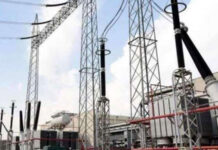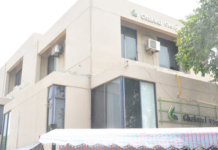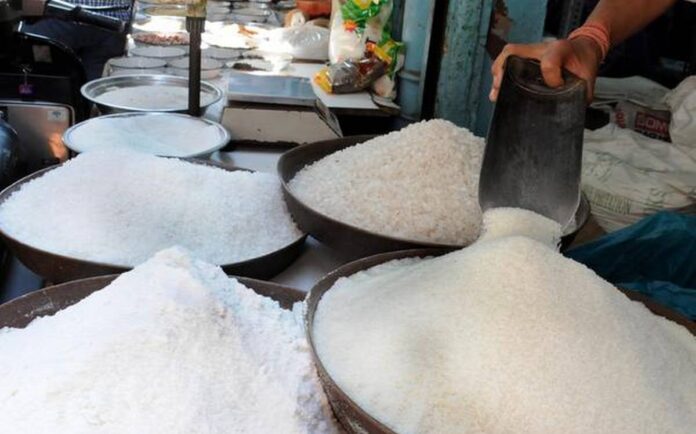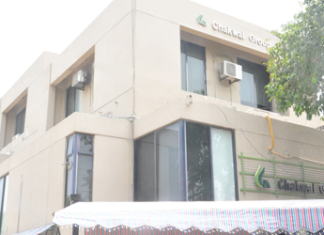ISLAMABAD: The Economic Coordination Committee (ECC) of the Cabinet convened today under the leadership of Federal Minister for Finance, Senator Muhammad Aurangzeb, to address the ongoing inflationary trends and rising prices of essential commodities.
In addition to its regular agenda, the ECC reviewed inflation trends and the pricing of key goods, as presented by the Economic Advisor’s Wing of the Finance Division. The committee was informed that inflation had significantly decreased during the first half of FY25, dropping to 7.2 percent from 28.8 percent during the same period last year. December 2025 saw inflation recorded at 4.1 percent, a sharp drop from 29.7 percent in December 2024—marking the lowest inflation rate in 80 months. This improvement was attributed to factors such as exchange rate stability, effective fiscal management, and enhanced supply chains for essential goods.
While the ECC expressed satisfaction with the downward trend in the Sensitive Price Index (SPI) in recent weeks, the committee emphasized that the reductions in core inflation and overall prices should lead to tangible benefits for the general public.
However, despite these positive trends, the ECC raised concerns about the increasing prices of sugar, vegetables, and edible oil, particularly given the declining costs of these commodities in the international market. To address the situation, the committee directed the Ministry of Industries and Production, in collaboration with the Ministry of National Food Security & Research and the National Price Monitoring Committee (NPMC), to devise a plan and report back within two weeks. The focus will be on ensuring the maintenance of strategic reserves for essential goods, including wheat, sugar, and pulses, while improving supply chains ahead of the holy month of Ramadan.
Additionally, the ECC called on Provincial Price Control Committees to enforce stricter adherence to the price control mechanism, combat cartelization, and prevent unfair profiteering. The committee emphasized the government’s commitment to ensuring that essential goods remain affordable for all citizens.
On other matters, the ECC approved a summary from the Revenue Division regarding policy changes to the Export Facilitation Scheme (EFS) 2021. The changes aim to plug revenue leakages while maintaining support for compliant exporters. Key adjustments include reducing the input utilization period, adjusting input authorization based on production capacity, and replacing insurance guarantees with bank guarantees.
The committee also approved a technical supplementary grant of Rs 2.79 billion for arms and ammunition procurement and the engagement of Nespak as a design consultant for Digital Enforcement Stations (DES) and check posts. Other proposals approved included a grant of Rs. 494.56 million for Frontier Corps KP (North) for constructing barracks and check posts, as well as a Rs 1.792 billion grant for the Reko Diq project, subject to clarification on the proposed expenditure.
Furthermore, the ECC reviewed and approved an amendment to a mediation agreement regarding tariff claims by Karachi Electric (KE) and other state-owned entities, ensuring no increase in tariffs. The committee also approved a proposal for the Intelligence Bureau Division, releasing a supplementary grant of Rs. 500 million.
The meeting underscored the government’s proactive efforts to manage inflation and maintain the availability of essential commodities at affordable prices for the Pakistani public.























